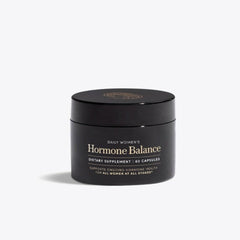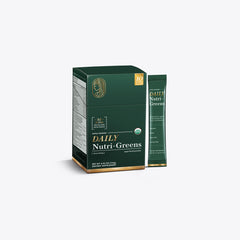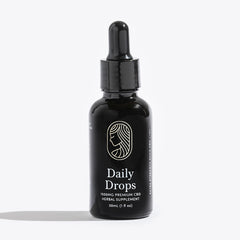CBD vs. THC: Understanding the Differences and Benefits
The cannabis plant is packed with over 100 active compounds, but two stand out: Cannabidiol (CBD) and Tetrahydrocannabinol (THC). These two belong to a class of compounds called phytocannabinoids, which are unique to cannabis. Although there are around 80 identified phytocannabinoids, CBD and THC take the spotlight because they’re usually found in the highest amounts and have the most significant effects when using cannabis. Despite being closely related, CBD and THC are quite different in what they do.
CBD: The Versatile Cannabinoid
Cannabidiol, or CBD, is the star of non-intoxicating cannabis (hemp). Even though it’s a cannabinoid, CBD doesn’t directly interact with the body’s endocannabinoid system in a powerful way, making its effects more gentle. But don’t mistake gentle for ineffective—CBD does some amazing things in the body.
One of its key roles is inhibiting an enzyme called FAAH, which breaks down your body’s own cannabinoids. By slowing down FAAH, CBD helps your natural cannabinoids stick around longer, letting you enjoy more of their benefits.
But that’s not all CBD does. Here are a few other things it can help with:
- It interacts with serotonin receptors to support a positive mood and better sleep.
- It influences vanilloid receptors, which helps manage discomfort naturally.
- It modulates activity at other sites that may support bone and cardiovascular health.
- It acts as a neuroprotectant, supporting overall brain health.
Because CBD offers so many subtle yet important benefits, many people incorporate it into their daily routine, almost like a vitamin for the endocannabinoid system.

THC: The Potent Cannabinoid
When people think of cannabis for socializing, relaxing, or feeling uplifted, they’re usually thinking of Tetrahydrocannabinol, or THC.
Unlike CBD, THC interacts directly with one of the main receptors in the endocannabinoid system, known as CB1, and to a lesser extent with the CB2 receptor. This direct interaction means the effects of THC are felt more immediately and more intensely than CBD.
Medically, THC is used for a variety of reasons, including digestion support, managing physical discomfort, improving mood, aiding sleep, and supporting immune and brain health. Because it kicks in relatively quickly and provides noticeable effects, many people use THC in social settings. Even in low doses, THC can temporarily boost dopamine levels, creating feelings of relaxation and pleasure. However, it’s important to note that THC’s effects are quite different from alcohol—there’s no drunkenness, just a pleasant, subtle enhancement to social experiences. Most people who use THC socially do so occasionally, rather than daily, as a part of a broader health routine.
Can I Use Both?
Absolutely! Many people find that different cannabinoid products fit different aspects of their lives. For example, you might use a daily CBD product for general health support, a product with higher CBD levels or CBN for restful sleep, and a low-dose THC beverage when hanging out with friends. The key is finding what works best for you.
References:
- Russo, E. B., & Marcu, J. (2017). Cannabis Pharmacology: The Usual Suspects and a Few Promising Leads. Advances in Pharmacology, 67–134. doi:10.1016/bs.apha.2017.03.004
- Britch, S.C., Babalonis, S. & Walsh, S.L. Cannabidiol: pharmacology and therapeutic targets. Psychopharmacology 238, 9–28 (2021). https://doi.org/10.1007/s00213-020-05712-8
- Peng J, Fan M, An C, Ni F, Huang W, Luo J. A narrative review of molecular mechanism and therapeutic effect of cannabidiol (CBD). Basic Clin Pharmacol Toxicol. 2022; 130(4): 439-456. doi:10.1111/bcpt.137
- Spinella TC, Bartholomeusz J, Stewart SH, Barrett SP. Perceptions about THC and CBD effects among adults with and without prior cannabis experience. Addict Behav. 2023 Feb;137:107508. doi: 10.1016/j.addbeh.2022.107508. Epub 2022 Sep 29. PMID: 36270038.





